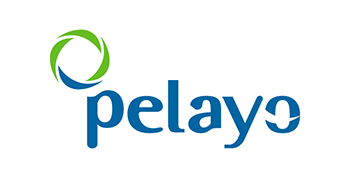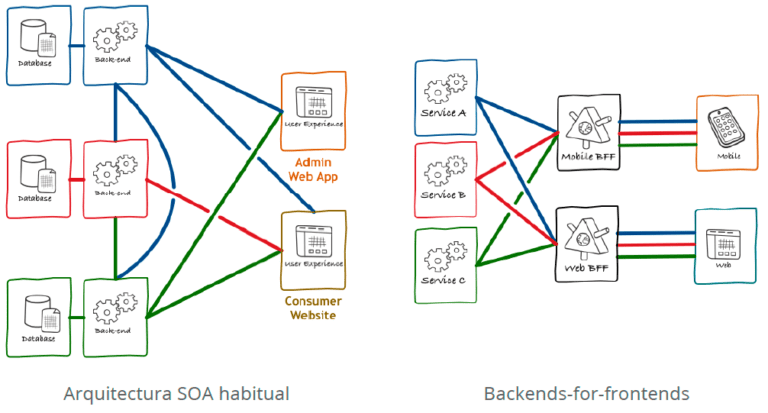
This project has been the first stone on which the new applications platform in Pelayo is going to be built. I have to thank Profile for its commitment so that this project has come out both in quality and in the terms demanded by Pelayo, adapting perfectly to our needs and priorities
Óscar Rivas Sendín
Head of Architecture – Pelayo
Industry
Insurance
Type of service
Project
Technological area
Accelerated Delivery
Cloud Computing
Custom Development
Strategic Architecture
The Challenge
Pelayo, one of the main insurers in the national scope, is immersed in an ambitious project of renovation of its IT platform. Within this context, there is a need to define a new framework for the development of SPA applications that serves as a basis for the construction of new business applications under a solid, robust and secure architecture.
In addition, Pelayo wanted to update the integration architecture: now the different applications will communicate based on APIs both internally and with third parties.
Additionally, with the main objective of reducing the time-to-market of new products and functionalities, the aim was to automate and accelerate as much as possible the different stages that make up the life cycle of the applications.
Our Solution
The first challenge was to design the communication architecture between the different existing backend and the new frontend.
For this, we opted to apply the BFF (Backend For Frontend) integration pattern. The applications developed with this pattern are specialized light pieces that make the adaptation of the services towards the different frontals.
In this way, the service layer maintains a manageable complexity and a more generic, extensible and persistent development style over time, delegating the more specific needs of the front in the BFF.

The next challenge was to develop a series of archetypes responsible for creating a base structure for the development of SPA applications using Angular 7 as the main framework.
The modular architecture developed defines a set of reusable components that facilitate the incorporation of transversal functionalities to the applications that require it: authorization, authentication, traceability, analytical, etc.
To guarantee the correct execution of the applications built under this new stack it was necessary to update the execution architecture.
On one hand, We used NGINX as a high performance web server thanks to an event-driven architecture that improves the classic threads system of servers like Apache, and on the other of the WSO2 API Manager to manage the creation, execution and securization of the corporate APIs exposed both internally and externally, all in an implementation with high availability requirements.

Finally, in order to minimize the time-to-market of the applications, we rely on Jenkins, a platform with which in Profile we already have extensive experience in similar challenges.
We implemented a series of declarative pipelines on Jenkins that define the different stages for what an application passes before being put into production, and automate the different operations of each stage (such as the construction of applications, the execution of tests to different levels, its deployment in the destination infrastructure), which until now were done manually.
With this project Pelayo has the right technological bases to develop fronts with a modern technological model, accelerating its processes and allowing to offer new products and functionalities quickly and efficiently to its customers.